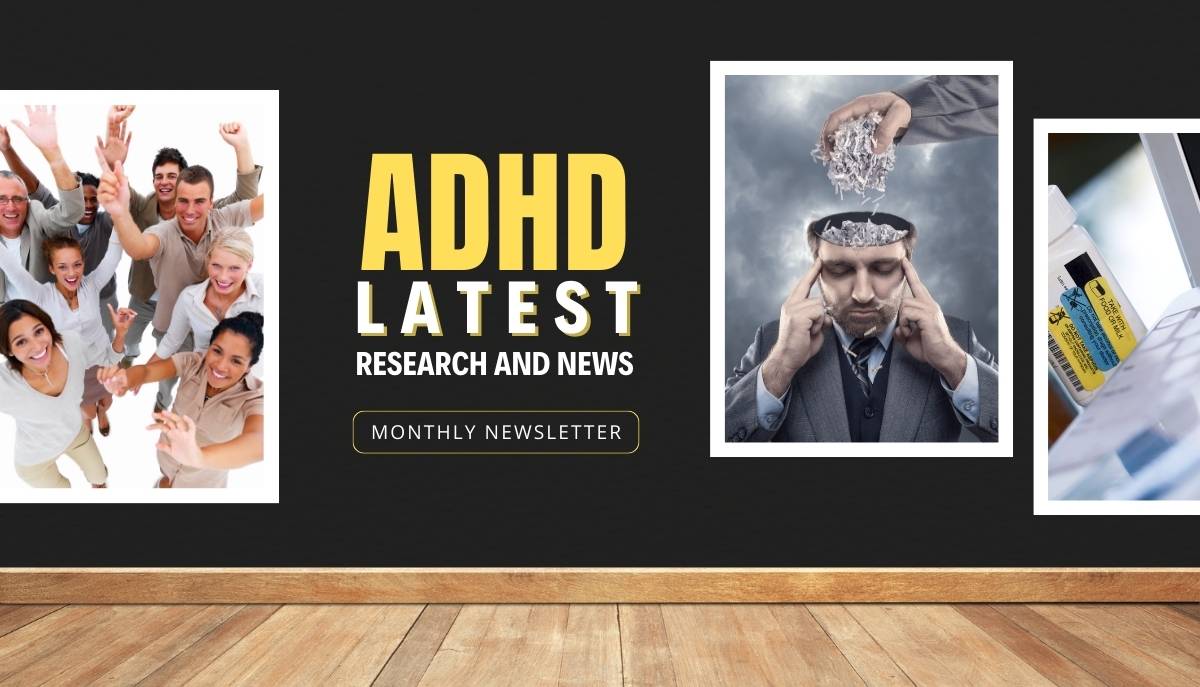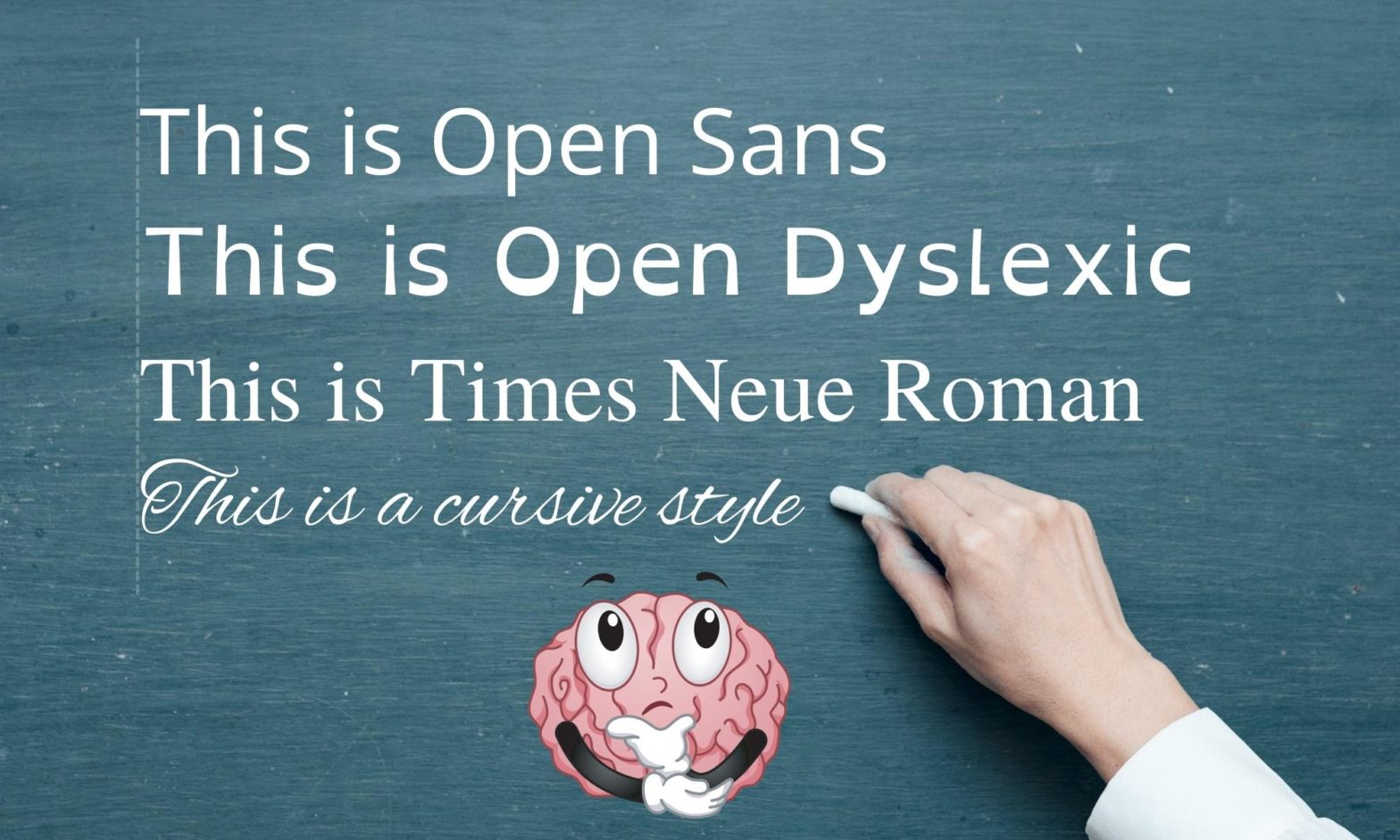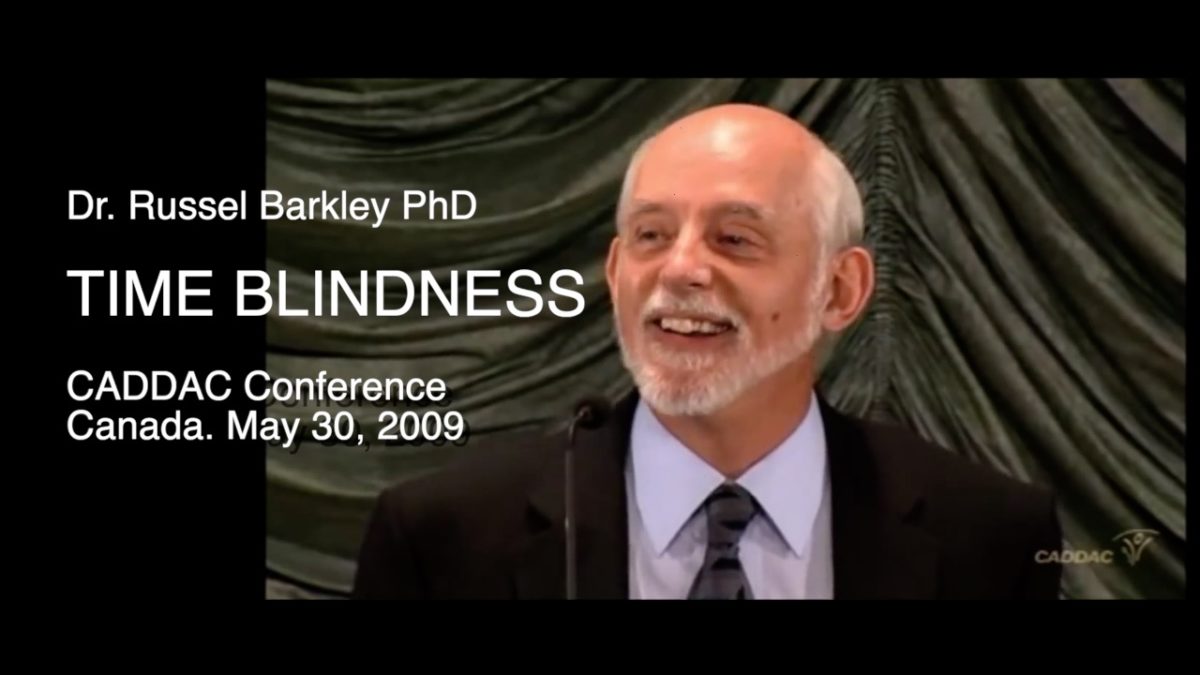ADHD coaches seem to be becoming trending in our world. So, I got to wonder: Who wants to become and ADHD coach, and why? Do they know what it takes to become one and what they’d be getting into?
My questions arise for three mains reasons:
- one, because one of the most read posts at this blog is the one about my nightmare at ADDCA, which leads me to think there are many people seeking seriously how to prepare for this profession;
- two, because the ADHD world is quite vast and complex, and those ADHD coach training courses make it seem like becoming a coach can take you a couple of years.
- Three, because the ADHD world is also quite sensitive and everything related to it seems to be becoming a business: ADHD coaches, journals; fidgeting toys; apps! … And it makes me fear about us.
This is a special world; not a business opportunity nor a world we can fully comprehend with a few courses or books. Every hyper neurodivergent is different; there’s a lot to learn about neuroscience and psychology (for instance); our community is still unraveling what ADHD is [1], and … it’s a lot.
A good ADHD coach can help improving the life of a hyper neurodivergent; absolutely. But this person can also have a bad impact in our lives, leaving us frustrated and stuck in a loop of low-self-esteem and unproductively for days, weeks or more.
Therefore, I thought I might help you with some questions; think about them as a roadmap to figure out if this is the career path you’re willing to take, and you’ll enjoy taking.
1) Do You Know What an ADHD Coach Is and Does?
When we seek for help, we usually have two or three persons in our team:
- A psychiatrist specialized in ADHD, who conducts the diagnosis and screening tests, and eventually provides for us medication if necessary and guides us through the process of finding the right one for us.
- A CBT therapist specialized in ADHD (where CBT stands for cognitive behavioral therapist)
- A therapist: because, in many cases, the symptoms of our ADHD may be getting in the middle of our success due unresolved issues from our past, or because we get overwhelmed by the issues in our present and we don’t know how to face them.
With those people we have a doctor-patient relationship, and sometimes is not enough; sometimes we need “a push”, someone who can help us to “do stuff.” This person is an ADHD Coach.
An ADHD coach, provides for a client guidance towards one goal, in a short term. [i] I like to think about an ADHD coach as a “Neuro Instructor,” because this person has the knowledge on how an ADHD brain works and also strategies to help us cope with our ADHD towards that one goal.
Think about being the guide and cheerleader for a person who wants to do “one thing;” for instance: learn how to manage their time; commit to start or to finish a project; understand the impact of their ADHD on their behavior; etc.
I dare to say that if your client wants eventually to continue working with you, endlessly, is because they need a CBT therapist instead or a therapist – plain and simple – to work on what may have been holding them back from thriving.
2) Are You Hyper Neurodivergent Or Related to Someone Who Is?
A person with ADHD, has a brain that works in a different way; we talk about neurodiversity (which is not a medical term) for advocacy purposes, to put an emphasis on our necessity to be understood and heard. We are part of a whole wide world that is going to be very difficult to understand if you’re not ADHD or if you’re not directly related to someone who is (a relative, or someone you live with)
Having control over our executive functions is our biggest challenge; time management, behavioral regulation, adjusting to the neurotypical rules, everything that a non-neurodivergent takes for granted is an exhausting battle in our world.
Amidst those battles and the tornado of thoughts within our hyperactive brain, for many of us it is very hard to shush all the noise so that we find our inner voice, the one that can tell us what to do, what’s better for us, how to take – what to others may seem – the simplest decisions.
Bottom line is that there are insights about our lives that, if you’re not HN or directly related to someone who is, are going to take you a long time to unveil; this is simply what I’m saying. I am not pointing this out as condition to be a better ADHD coach. Ok? Ok.
3) Have you done some serious research on what ADHD is?
You may have seen social media threads with hyper neurodivergents saying, “That happens to me too! Are we clones?” You may have gone further and read articles on online magazines, and even a blog or two written by someone who has ADHD. Truth to be told, it often feels like we’re clones, but we are far from being equal.
To understand the HN world, consider the ADHD subtypes and their symptoms as variables you’ll need to analyze with others, such us: your client’s upbringing, education, support system, environment, etc. These other variables make a huge impact on how we manage our ADHD. What works for one client, could be unbearable for another one.
If you’re coming from the neurotypical world, bear in mind that probably everything you might know about human behavior and think that might help us, it most certainly won’t.
My point is: this is such a special world, that I strongly suggest you to first learn as much as you can about it, before going on full “I’m gonna be coach” mode.
4) Would you enjoy learning about neuroscience, psychology, pedagogy, constantly?
ADHD is about science; ADHD is about training a brain that works in a different way. Motivational strategies, time management strategies, study techniques, pep talks and else, do not work for us as they do on neurotypicals.
You’ll need, for instance, the knowledge on the following fields:
- Neuroscience, to understand how a brain works, and how an ADHD brain differs.
- psychology, to understand the behavior of a child, a teenager, an adult; and then, to understand how that behavior is affected by ADHD;
- pedagogy, to help you come up with strategies!
Am I saying “become an expert in those fields”? No. I am simply saying you’d need to have an educated comprehension on what ADHD is, with the help you can find in those fields. And, you’ll need to continue studying, because ADHD findings are in constant evolution.[2]
You won’t be offering professional advice per se (medical nor psychological), unless you’re a doctor or a therapist of course; but still, you’d need to be up to date with the latest findings because we never know when one research could change the way we understand ADHD. This means putting your hands on the latest research; besides the fact that these are expensive, if you’re not familiar with reading these sort of papers you’ll be facing a long road.
But please: do not feel discourage on this. It takes practice but it’s doable. Ok? Ok.
5) How Would You Train to Become an ADHD Coach?
As far as I’m concerned, most people take courses to get certified, and… that won’t guarantee you a proper education. If you’d ask me, I encourage you to become an “ADHD professional” instead.
How to do that? Well, these are for instance the steps I took (and continue taking):
- Learning how a brain works and how an ADHD brain works (with books and researches on neuroscience, psychology, etc)
- Learning what are the main ADHD struggles (with books on coaching; blogs written by Hyper Neurodivergents; and hey, they are good researches on this as well)
- Come up with strategies to cope with those struggles (I do this from my personal experience and my background on education)
There are great books, even some with a very friendly language, that will offer you information on all of the above, including coaching strategies.
5. Who and Why Do You Want to Help As An ADHD Coach?
Children, teenagers, adults? And, when you think about ADHD, do you think about ADD too? If you do so, choose one because there is a big difference.
An example: I decided to focus on adults and young adults in the search of new beginnings, such us new jobs, new college careers, for instance. Why? Mainly for two reasons:
1) Because I was able to thrive without diagnosis nor treatment, and it breaks my heart to pieces to see how many hyper neurodivergents can’t find a true calling or can’t manage to finish the career path they’ve chosen;
2) My experience on transiting the “University world” more than once, and my background on education have already given me plenty of tools to manage my ADHD to study, work and to be extremely organized.
Who and Why. The less the better. By selecting this – let’s say – “path” for you, you are going to have a clear goal and you’ll be able to specialize on ADHD further, deeper. 😉
7) Do You Feel a True Calling?
The ADHD world is a wonderful and quite sensible one; you’ll feel you’re learning from us, more than once. We are very reliable people; we believe there is good in everyone, so we are going to believe in you. Thus, one line from your mouth, even with your best intentions, could go south and mess up with our minds big time.
Are you willing to take that huge responsibility?
As I said at the beginning, this is a special World; not a business opportunity. All things ADHD seem to be turning into a business; coaches, apps, journals, fidgeting toys; and many of us are so desperate to do something with our lives that are willing to get it all right now.
Please, don’t take this path for the money.
We need ADHD coaches for their calling; we need them for their love, commitment, understanding and knowledge.
Ask yourself, with your hand over your heart: Could you be the one for us?
Pages: 1 2
















